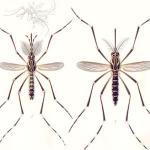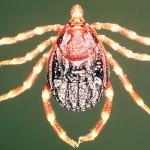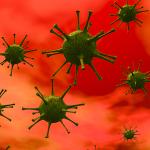Every human cell carries our genome, roughly 3.5 billion letters - DNA - that assemble into our genetic code. In order for large genomes to fit into the tiny cells, proteins called histones organize and package DNA in cells.
Disease
In 2011, the global public health community declared the eradication of rinderpest, a severe viral disease of cattle.
A new, large-scale breast cancer study of women who had not yet reached menopause produced a surprising result: as body fat increased, their cancer risk decreased.
The reason there is no universal flu vaccine is because the influenza virus constantly changes.
We are storytellers, connecting the dots, whether they connect or not, into a narrative.
Ebola is the most famous of the hemorrhagic fever viruses, but it’s not the only one.
Several explanations are possible for what appears to be an increase in celiac disease and/or gluten sensitivity*.
Unless they're eradicated smallpox-style, infectious diseases never disappear. Like an unlucky penny, they can show up at any time.
Today was a good day for personalized medicine with the report in the NEJM on treating breast cancer. A study looked at women categorized by a 21-gene assay [1] that predicted recurrence and whose care was predicated upon those findings.
Sometimes a study leaves you gobstruck – and not in a good way. An article in Circulation: Heart Failure looks at how dietary protein intake impacts the risk of heart failure.












